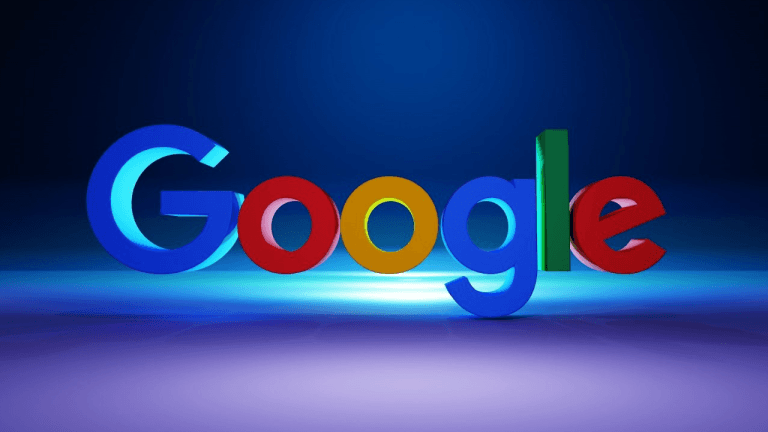
The crypto community has been abuzz with the recent launch of the Google Cloud Universal Ledger (GCUL), a private and permissioned blockchain platform. While some enthusiasts have hailed it as a potential "XRP killer," others have raised concerns about its centralized nature and its implications for decentralization in the crypto space.
Proponents of GCUL argue that its advanced technology and integration with Google Cloud services make it a formidable competitor to other blockchain platforms, including Ripple's XRP. The platform offers high levels of security, scalability, and interoperability, making it an attractive option for enterprise users looking to harness the power of blockchain technology.
However, critics have pointed out that GCUL's centralized control by Google goes against the core principles of decentralization that underpin many blockchain projects. Decentralization is a key tenet of the crypto space, as it promotes transparency, immutability, and censorship resistance. By contrast, a centralized blockchain like GCUL raises questions about data privacy, security, and control, as well as the potential for censorship and manipulation by a single entity.
The debate over centralization versus decentralization is not new in the crypto world, with many projects struggling to strike a balance between efficiency and security on one hand, and decentralization and trustlessness on the other. While centralized blockchains offer certain advantages in terms of speed, scalability, and governance, they also come with inherent risks and vulnerabilities, such as single points of failure and susceptibility to regulatory control.
In the case of GCUL, Google's reputation as a tech giant with vast resources and technical expertise may inspire confidence in the platform's capabilities. However, concerns about data privacy, user autonomy, and censorship resistance persist among those who value the principles of decentralization above all else.
It remains to be seen how GCUL will fare in the competitive landscape of blockchain technology, especially as the crypto community continues to debate the trade-offs between centralization and decentralization. While some may see it as a potential game-changer in the industry, others may view it with caution, wary of the implications of placing control in the hands of a single corporate entity.
As the crypto space evolves and matures, the tension between centralization and decentralization is likely to remain a central theme, shaping the future of blockchain technology and its impact on society as a whole. In the end, the success of platforms like GCUL may ultimately depend on their ability to balance the benefits of centralization with the values of decentralization that are cherished by many in the
Source: https://news.bitcoin.com/is-gcul-an-xrp-killer-critics-question-googles-centralized-blockchain/

Leave a Reply